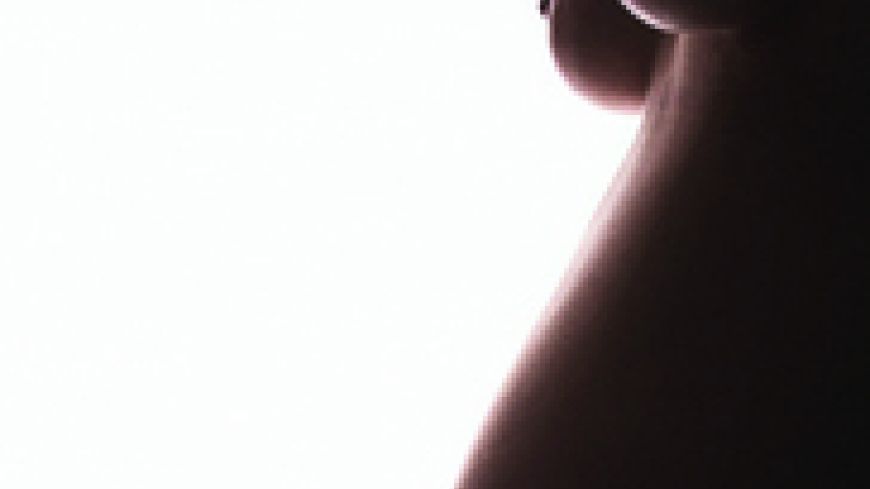
The creative, tortured life and tragic death of Sylvia Plath in 1963, has continued to haunt women's minds and feminist culture over two generations. "Three Women: a poem for three voices" written in the last year of her life explores themes of pregnancy, childbirth and motherhood.
Inspired by Ingmar Bergman's 1952 film and pregnancy, Women Waiting, and the structure and rhythm of Under Milk Wood by Dylan Thomas, it was first broadcast in 1962 on BBC Radio.
Set in a maternity ward, the voices of three women present a series of intercut monologues which describe their personal experiences. The first woman is positive, fulfilled and joyful on the birth of her shiny baby son; the second woman reflects Sylvia's own experience and scars of miscarriage, seeing death in the winter trees; the third voice is that of a young girl and the most frightened, as she is expecting an illegitimate child when she is not yet ready for motherhood.
While the published poem refers to Voices one, two and three, the company has reverted to the original "names" - the Wife, the Secretary and the Student - which offer a more rounded dimension to their characters. They sit front stage on three chairs all wearing black: 1st Voice in a grey T shirt under a long linen dress. 2nd Voice in slim fitting skirt suit and high heels. 3rd voice, black leggings and grey kaftan. The stage is set with blanked out mirrors and window.
As The Wife, Louisa Clein begins this beautiful, anguished epic poem, with a slow pace and gentle, joyful spirit - as she admits, " I cannot help smiling" at the thought of her new baby.
Neve McIntosh as the smart Secretary takes over, adopting a bitter tone, as sharp as her stilettos, with a flat, almost monotonous delivery. She conveys anger at her predicament by shouting, screaming the words which does little to convey inner distress and only destroys the simple clarity of words which speak of quietness, whiteness and emptiness. Only in the final verse, does she soften the mood to capture a delicate sense of place and time.
As the student, Lara Lemon brings a childlike innocence to the role of a lost, wounded young girl as vulnerable as her baby daughter. Each woman watches the others as they speak in turn, the soliloquys neatly interspersed with short snatches of music (Alfred Schnittke piano pieces for children), adding just the right dramatic pause.
Despite this being an occasionally flawed, uneven performance, it is a pleasure to listen to Plath's lyrical language, flowing with precise, pedantic imagery, her unique poetic voice expressing heartfelt feelings about female identity, sexuality and the extremes of emotion. Whether you are a Plath fan or not, do take this opportunity to see this rarely performed poem-play. Afterwards, you are sure to rush off to Waterstone's to buy her Collected Poems in order to appreciate and relish, at leisure, the rich, evocative moving narrative of "Three Women".
Times: 6 - 31st August, 11am.

